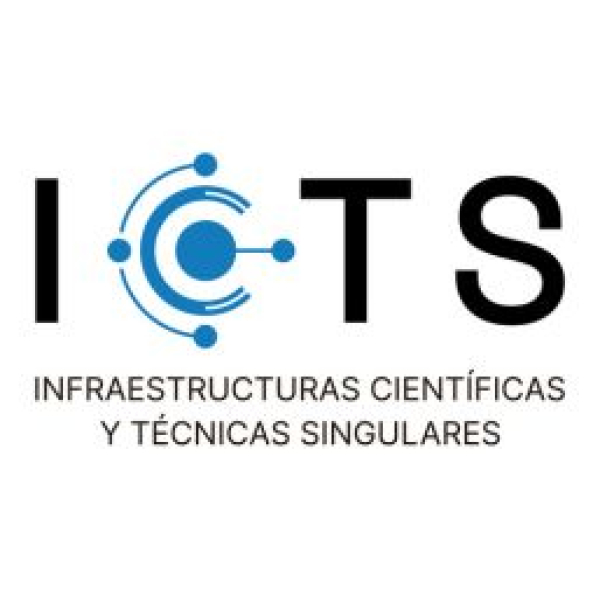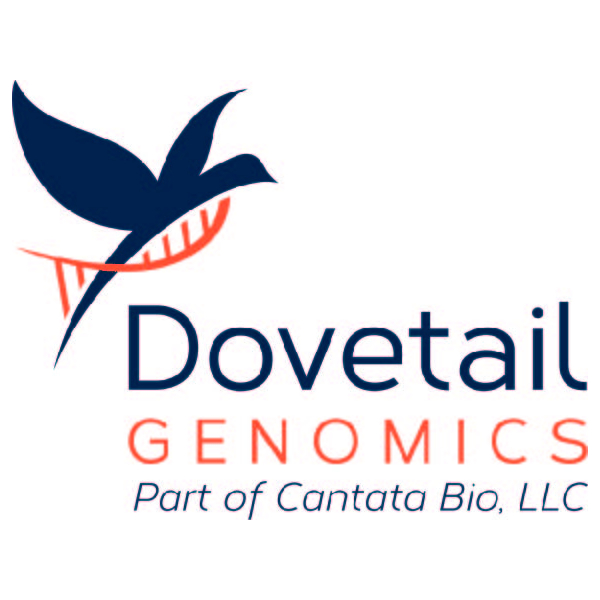Tomàs Marquès-Bonet has been appointed new Vice Director of the Institute of Evolutionary Biology (CSIC-UPF) in substitution of David Comas, who was recently appointed Director of the UPF CEXS Department.
Tomàs Marquès-Bonet is the leader of the Comparative Genomics team with dual affiliation...
BCN, May 2016.- The Centre Nacional d’Anàlisi Genòmica (CNAG-CRG), one of the leading genome analysis centers in Europe is pleased to announce that has been accredited according to UNE-EN ISO/IEC 17025:2005 standard by ENAC (Entidad Nacional de Acreditación) who is an independent non-profit...
The CNAG Data Analysis team organised the 2nd CNAG Workshop “Introduction to Genome Analysis” on April 6th, 2016. Sergi Beltran, Sophia Derdak, Raul Tonda and Steven Laurie gave seminars and led an extensive hands-on session. The main topics of the workshop were to explain the principles of genomic...
The turbot (Scophthalmus maximus), sequenced for the first time in Spain, has a much more refined visual system than other fish as it has evolved to adapt to the shortage of light of the seabed. In addition, the fat in the cell membranes is also double that of other species to withstand the low...
Following the success of the first edition of the PhD programme for physicians - PhD4MD, an initiative created by the Centre for Genomic Regulation (CRG), the August Pi i...
According to a this publication in Nature, modern humans and Neanderthals interbred tens of thousands of years before than what had been previously reported. Using several different methods of DNA analysis and a greater amount of Neanderthal genomes, an international research team has reaffirmed...

















